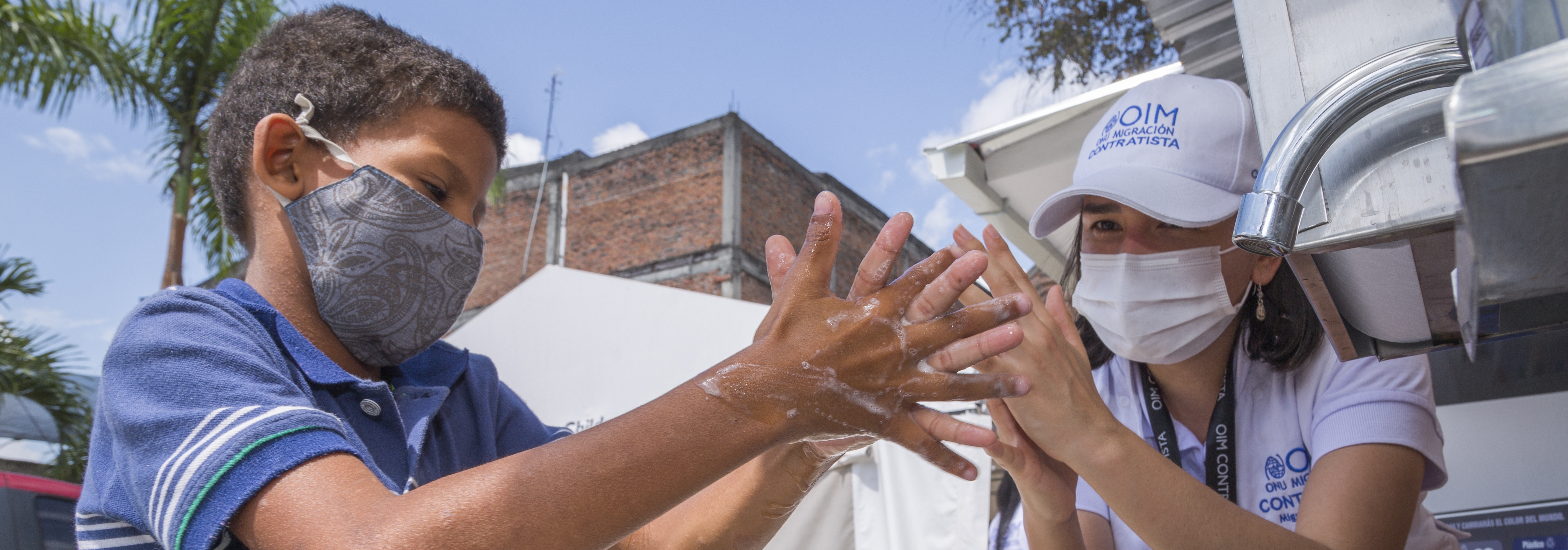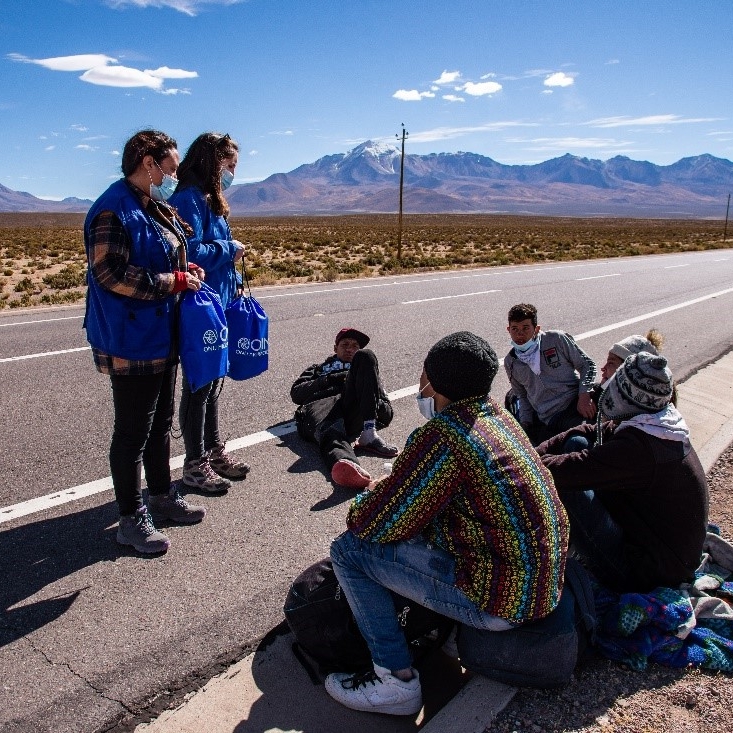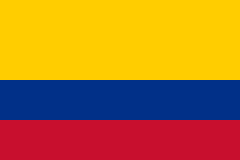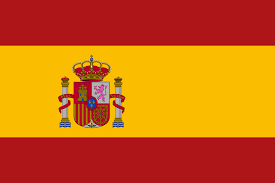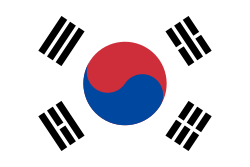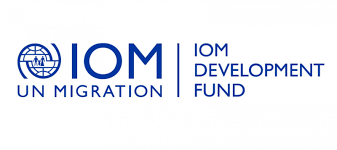IOM Vision
The Latin America and the Caribbean (LAC) region continues to face increasing flows of refugees and migrants from Venezuela, making it the largest humanitarian crisis in the history of the region. As a response, IOM supports both the immediate humanitarian and protection needs in transit and destination countries, as well as addresses the longer-term needs of refugees, migrants and affected host communities. Through its role as co-leader of the Regional Interagency Coordination Platform (R4V) and its programmatic implementation, IOM works to promote safe and dignified migration across the region.
Objective
Saving lives and protecting people on the move
|
Migrants, refugees, host communities, government counterparts, vulnerable groups, such as children, pregnant women, female-single-headed household, older persons, persons with disabilities, indigenous communities, victims of trafficking, GBV survivors, LGBTQI+ communities |
|
To ensure that immediate basic needs are met, IOM provides in-kind or cash-based assistance as a complement to longer-term solutions. This includes: |
- Provision of food assistance to vulnerable migrants, refugees and host communities, including through provision of in-kind distribution of food kits, hot meals and lunchboxes to schoolchildren and cash-based interventions such as food vouchers and prepaid cards;
- Provision of multi-purpose cash assistance to cover costs for items and services such as food, household items, rent and public transport
|
IOM supports migrants and refugees through the direct provision of primary health-services as well as continuity of health care services, including for sexual and reproductive health, HIV/AIDS, tuberculosis, non-communicable diseases and COVID-19. This includes:
|
|
IOM supports mental health and psychosocial support (MHPSS) activities with the objective to reduce psychosocial vulnerabilities and promote resilience. This includes:
|
|
To strengthen movement assistance, IOM assists migrants and refugees with relocation activities such as:
|
|
With the objective to ensure safety, dignity and well-being of all crisis-affected persons, prioritizing vulnerable groups, protection is integrated and coordinated across all sectors of the response. Activities include:
|
|
To address immediate needs, IOM supports activities which ensure safe and sufficient access to appropriate water, sanitation and hygiene services, such as:
|
|
IOM provides shelter and non-food items (NFI) assistance through activities primarily aimed at vulnerable migrants and refugees, including:
|

Objective
Driving solutions to displacement
Migrants and refugees, vulnerable individuals, including victims of trafficking and GBV survivors, government counterparts, communities, indigenous communities, health professionals, as well as local and national entities.
|
To continue promoting socio-economic integration and to provide durable solutions to migrants and refugees from Venezuela, IOM’s programming will focus on the provision of longer-term support to essential services and basic rights. To improve social cohesion between migrants, refugees and host communities, interventions will also include campaigns and initiatives on anti-xenophobia and anti-discrimination. Activities will include:
|
|
To strengthen health systems in host countries, IOM supports interventions aiming to improve capacity among health professionals to respond to needs of migrants, refugees and affected host communities, such as:
|
|
IOM supports enhanced capacities of laboratory systems through: |
- Provision of COVID-19 PCR and/or antigen tests to approved labs and to Ministries of Health in the region.
|
For sustainable access to water, sanitation and hygiene services, IOM supports initiatives improving infrastructure and building capacity. Protection mainstreaming, including mitigation of GBV risks, will be ensured throughout the interventions. This includes:
|
|
As a means to strengthen social cohesion and to facilitate integration, IOM will conduct interventions which promote emotional support and psychosocial care activities. This will include:
|
Objective
Strengthen preparedness and reduce disaster risk
Migrants, refugees, host communities, responders to GBV, members of educational institutions.
|
With the objective to strengthen the knowledge and skills of actors responding to survivors of GBV, IOM will:
|
|
Objective
Contribute to an evidence-based and efficient crisis response system
Migrants, refugees, host communities, Governments, partners and other stakeholders.
|
To strengthen data on mobility, vulnerabilities and needs, IOM collects and analyses data primarily through its Displacement Tracking Matrix (DTM) tool. Activities will include:
|
|
For improved preparedness and ability to facilitate quicker access to critical supplies, IOM will:
|
Argentina, Aruba, Bolivia (Plurinational State of), Brazil, Chile, Colombia, Costa Rica, Curaçao, Dominican Republic, Ecuador, Guyana, Mexico, Panama, Paraguay, Peru, Trinidad and Tobago, Uruguay
The map used here is for illustration purposes only. Names and boundaries do not imply official endorsement or acceptance by IOM.
Figures are as of 31 December 2023. For more details of IOM's operational capacity in country, please see the IOM Capacity section.

